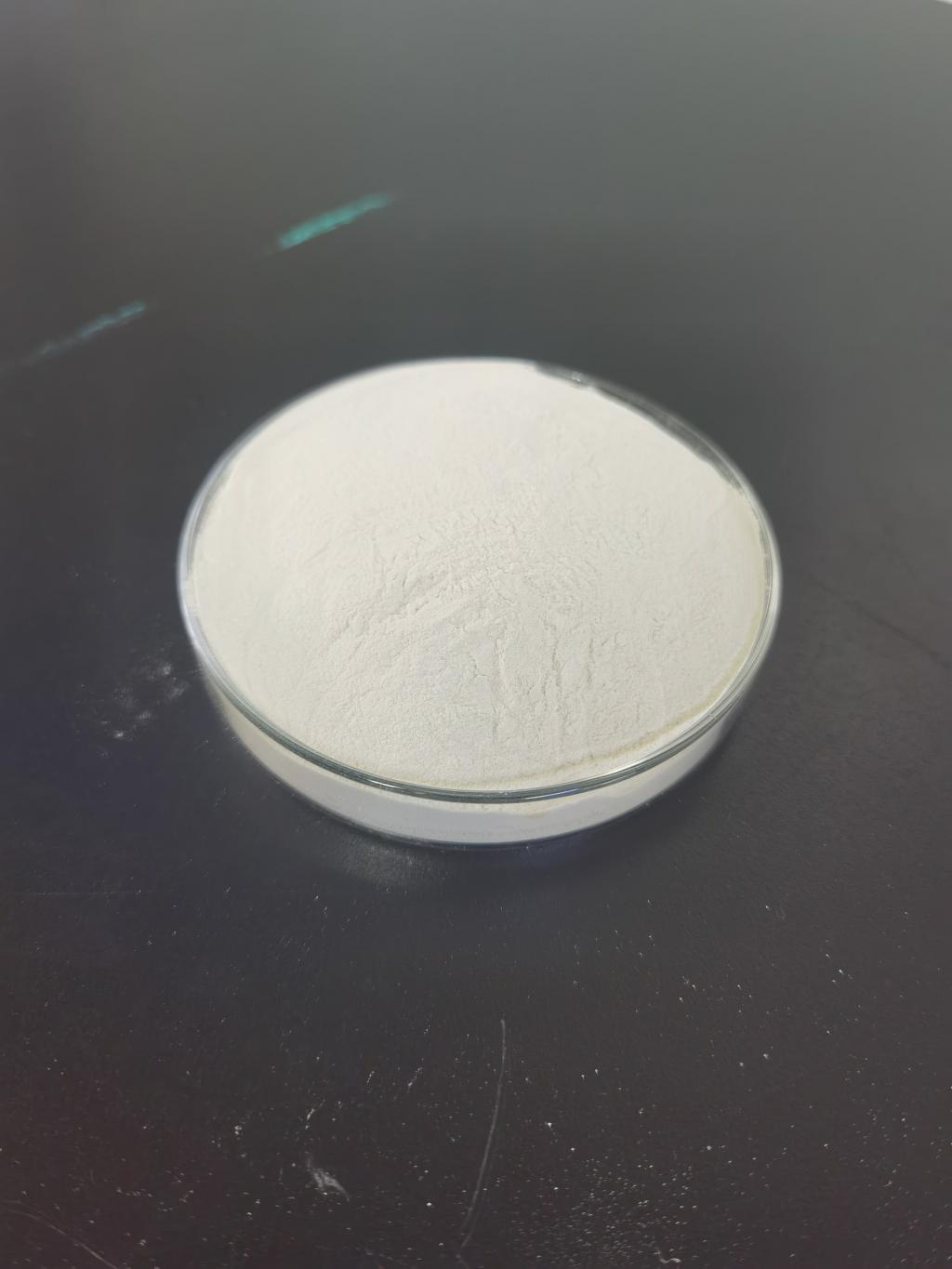Tel:+8618231198596

News
 CONTACT
CONTACT
 CONTACT
CONTACT
- Linkman:Linda Yao
- Tel: +8618231198596
- Email:linda.yao@dcpharma.cn
- Linkman:CHARLES.WANG
- Department:Overseas
- Tel: 0086 0311-85537378 0086 0311-85539701
News
Harnessing Nisin's Potential in Plant-Based Foods
TIME:2023-12-08
Nisin's Origins and Mechanism of Action: A Brief Overview
Nisin, a bio-preservative, is naturally produced by certain strains of lactic acid bacteria, particularly Lactococcus lactis. Its origins lie in the microbial defense mechanisms against competing bacteria. The mechanism of action of nisin involves its interaction with bacterial cell membranes, targeting Gram-positive bacteria by binding to lipid II, a precursor in cell wall synthesis. This disruptive action renders nisin a potent antimicrobial agent, selectively combating harmful bacteria while preserving the natural microbiota essential for food fermentation.
Plant-Based Foods: A Diverse Landscape
Plant-based foods encompass a diverse array of products, from meat alternatives and dairy substitutes to plant-based snacks and beverages. The challenge in preserving the freshness and safety of these products lies in their unique compositions, often lacking the natural antimicrobial defenses present in traditional animal-based foods. Nisin's potential in this context lies in its ability to fill this preservation gap, offering a natural and effective solution.
Applications in Meat Alternatives: Prolonging Palatability
One of the primary challenges in plant-based meat alternatives is maintaining their palatability and safety. Nisin, with its antimicrobial properties, can inhibit the growth of spoilage and pathogenic bacteria in these products. This not only extends their shelf life but also ensures that consumers enjoy a safe and flavorful eating experience. From plant-based burgers to sausages, nisin serves as a natural guardian, addressing the unique preservation needs of these innovative meat alternatives.
Dairy Substitutes: Nisin's Transition
While nisin has historically been associated with dairy products, its transition to dairy substitutes in the plant-based realm showcases its adaptability. Plant-based milk, cheese, and yogurt often face challenges related to microbial contamination during production and storage. Nisin's role in these products mirrors its efficacy in the dairy industry, contributing to the safety and stability of plant-based dairy alternatives. As consumers increasingly opt for these substitutes, nisin becomes a valuable asset in maintaining their quality and safety.
Challenges and Solutions: Navigating the Plant-Based Matrix
The plant-based matrix presents unique challenges for the effective utilization of nisin. The absence of certain components present in animal-based foods, such as natural antimicrobial peptides, necessitates innovative solutions to ensure nisin's optimal performance.
Microencapsulation Technologies: Tailoring Nisin for Plant-Based Needs
Microencapsulation technologies offer a promising avenue for overcoming challenges associated with the plant-based matrix. Encapsulating nisin within protective matrices enhances its stability and controlled release, addressing issues related to pH variations and interactions with plant-based ingredients. This technology not only optimizes nisin's performance but also expands its applications in various plant-based products.
Synergistic Approaches: Amplifying Antimicrobial Efficacy
Combining nisin with other natural antimicrobial agents presents another strategy to enhance its efficacy in plant-based foods. Synergistic approaches involving the use of multiple preservatives can create a robust defense system against a broader spectrum of microorganisms, ensuring the safety and quality of plant-based products. Research in this area explores optimal combinations that maximize preservation while maintaining the clean-label appeal of plant-based foods.
Regulatory Considerations: Nisin's Compliance in Plant-Based Products
The integration of nisin into plant-based foods requires adherence to regulatory standards, ensuring consumer safety and confidence. Regulatory bodies, such as the U.S. Food and Drug Administration (FDA) and the European Food Safety Authority (EFSA), play a crucial role in evaluating the safety and compliance of nisin in various food categories. Manufacturers navigating this landscape must meet these standards to harness nisin's potential while aligning with regulatory requirements.
Future Prospects: Nisin and the Future of Plant-Based Foods
As the plant-based food sector continues to evolve, the role of nisin is poised to expand further. Future prospects include continued research into innovative preservation technologies, exploring novel applications, and addressing specific challenges associated with different plant-based matrices. Nisin's potential to contribute to the sustainability of plant-based diets, by reducing food waste through extended shelf life, aligns with the overarching goals of the plant-based revolution.
Conclusion: Nisin's Role in Plant-Based Sustainability
In conclusion, the integration of nisin into plant-based foods represents a significant stride towards ensuring the safety, quality, and sustainability of these products. As the plant-based revolution reshapes the food industry, nisin stands as a natural guardian, addressing the preservation challenges unique to this burgeoning sector. Through innovative technologies and collaborative research efforts, the full potential of nisin in the realm of plant-based foods is gradually unfolding, promising a safer and more resilient future for this dynamic and rapidly expanding market.
- Tel:+8618231198596
- Whatsapp:18231198596
- Chat With Skype







